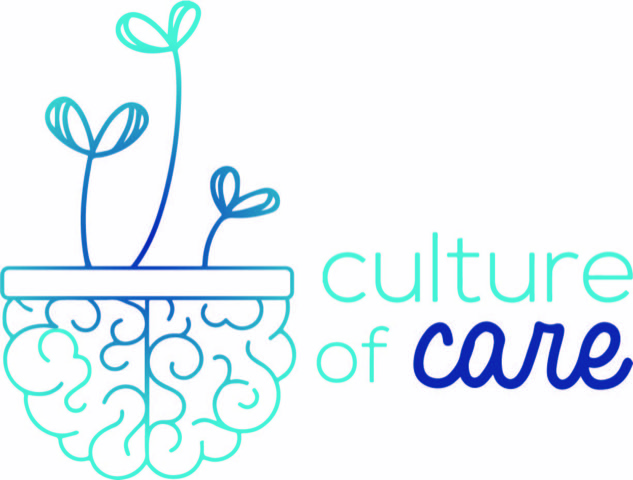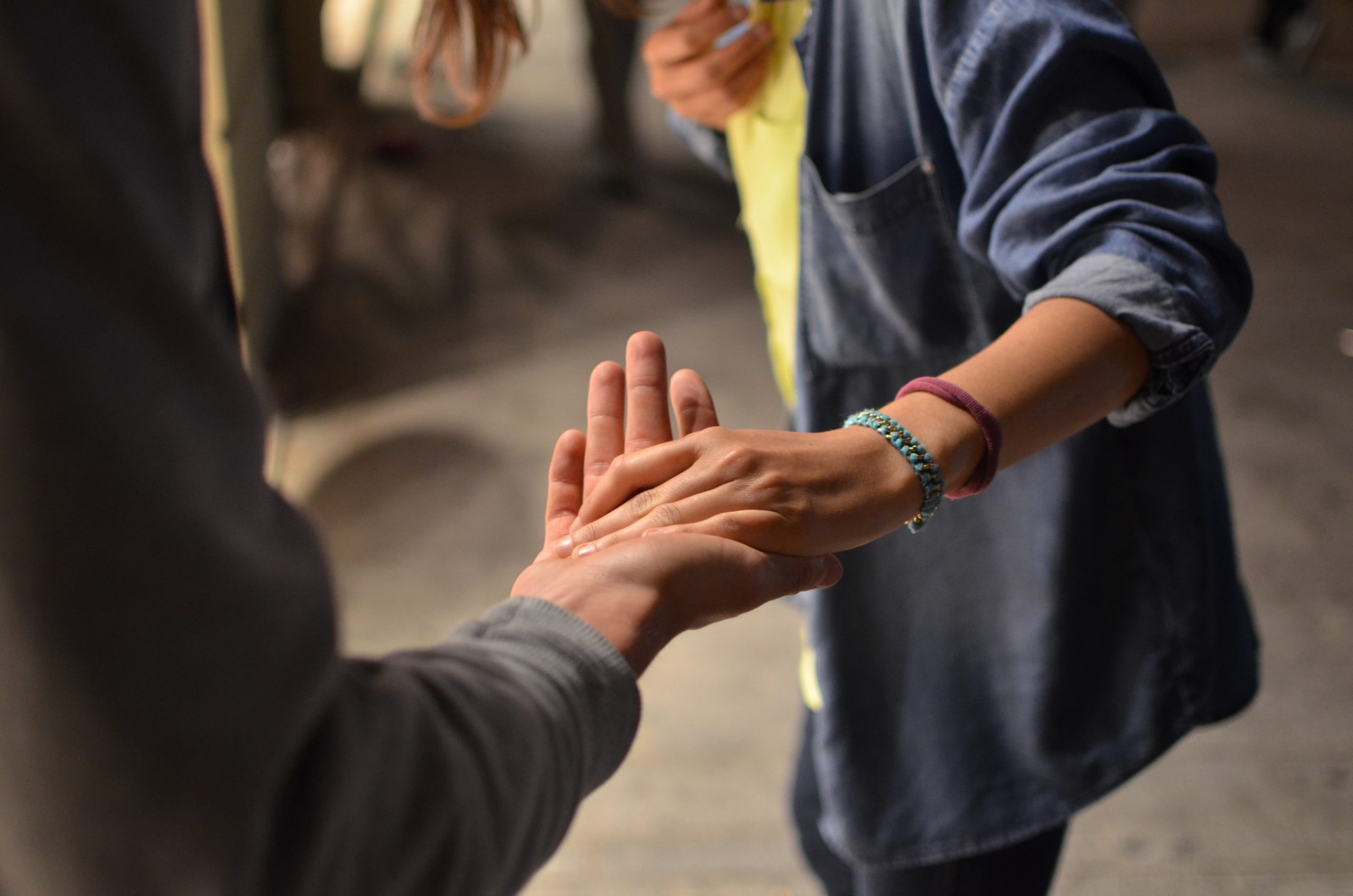When one partner leaves you want to be supportive to your friend that’s been left behind.
When they’re sad or grieving they need your support. So how do you do that?
Watch Your Own Anxiety
As you drive over to their house, you know you have a job to do, after all you’re their best friend and you can’t stand to see them dumped and ruined.
In your own mind, you might be wondering – “What in the world am I going to say?”
You feel your own anxiety increase as you turn into their driveway, you might be tempted to turn around and keep away. After all, they’re surely going to get over this break up…aren’t they?
That damn image of your poor dumped friend strewn on the lounge sobbing over 3 bottles of wine…if only that image could go away… you could surely turn away.
Your Role As A Friend
So let’s make it easy for you
You only have one job to do and it’s not to fix their life or get them out of a mess.
It’s simply to be truly present and encourage them to talk it out.
Your role isn’t to guide or to coach or to minimize or make it better or spin it or find the positive; it’s truly to be with and to support.
Part of your healing medicine is about presence and attuned listening and an open heart to receive their story.
Ask Yourself
“How can I be present for this dear person?”
“How can i just be with them?”
Be aware – that your anxiety may sort of get in the way because it’s almost contrary to the human instinct to not try and change the suffering.
But remember that your work isn’t to find new things to say as much as it is to learn how to listen, learn what attunement looks like, learn how to be present, and then do it consistently over time.
When A Relationship Ends
Especially when they haven’t chosen to end the relationship it can be particularly painful to accept it and move on.
If they were dumped or cheated on, they will feel hurt, angry and even questioning their own self-worth.
Be aware, thoughts such as –
- What’s wrong with me?
- Was I good enough?
- What did I do wrong ?
- What was I missing?
…amongst other thoughts, can plague the mind of the partner left behind and they do need your support.
What Is NOT Helpful
You may be tempted to curse and cuss the ex-partner but this may not be what your friend needs to hear.
There’s no point siding with statements such as
“That good for nothing !@# $%he didn’t deserve you anyway!”
Or
“I thought she wasn’t right for you”
These words won’t help!
When the ache of having lost that special person and the desire to right the wrong are strong in you , just stop and listen.
Your friend has had a unique relationship with the partner that has gone, and after all, they did choose them for a reason…they must have been right at one point.
They need your encouragement rather than trying to figure out if they’re getting their version of the mental analysis right or wrong, just be there and listen.
Allow Them To Deepen Into Their Story
Let them talk about what hurts.
Be organic and relieve yourself of the pressure of having the right script.
The organic nature of being the helper takes the pressure off yourself by not figuring out what to say and by being present. There’s no need for giving clichés, trying to make somebody feel better. What they need right now is human understanding.
Be authentic and just say “I am sorry that you are going through this difficult time.” And, that is the shortest version of the connection.
Offer Practical Help
It’s true that self-care is not going to be high on their list just now when they’re in the midst of that whirlwind of emotion. So a good meal, a good walk, sleep and fresh air can definitely be encouraged and if you have capacity, get involved and do it with them.
Don’t Just Avoid Them
One of the traps that a lot of people fall into—is avoidance.
It seems hard to deal with other peoples emotions and so it’s tempting to avoid them all together.
Avoidance may be because you don’t want to make them feel worse by asking them how they’re doing.
But wouldn’t it be better to err on the side of safety and let them tell you that they don’t want to talk rather than risking them being isolated!
Open up opportunities for them to tell you that you are in fact giving more than what they need.
Listening Changes The Brain
These days technology allows us to actually take pictures of the brain and see that something actually happens in response to being listened to.
Within the brain, that deep acknowledgment and recognition opens up the mind and creates new neural pathways—when they can speak and say what they need to say, have it acknowledged and supported without having to defend or self-criticise.
Attuned Listening
What does Attuned listening do?
This really has a powerful effect on the state of mind and it’s loving, caring, holding attunement. If you’re able to listen and reflect with just a little guiding and coaching, then our humanness connects.
There’s a sense of safety—their brain recognises that they feel safe with you as they tell you what’s inside.
There’s a relaxed state of mind … not an an anxious state of mind.
An anxious mind feels unsafe. It picks up when we’re going to get judged or criticized or abandoned in what we’re doing.
How Is Attuned Listening Like Love?
Attuned listening creates safety. When a person is heard, their mind opens up. It feels safe. When you’ve heard your mind can also hear yourself and it can understand and really create self-compassion.
So by being a friend and listening you give them the experience in the brain that is similar to what happens when we love someone.
Join my workshop – A toolkit for everyday life resilience
Sometimes we need a hand to get ourselves out of the mind muddle, that’s why I run workshops to equip people with a few powerful and practical tips and tools they can apply to better understand themselves. Do you want a few tools in your life toolkit? Need a hand to get out of your own way and learn a few skills to lean on in tough times?
I have a workshop that offers A toolkit for everyday life resilience.
If you want to learn how your mind works, how to get yourself unstuck and find out why you do what you do, why your relationships aren’t all perfect, plus how to take control in the tough times in life, then this is for you.
When: 21 and 22 July 2017
Where: Harrington Street, Sydney CBD
Bookings: Reserve your spot by emailing info@cultureofcare.com.au
Free 15 minute consultation
Book a free 15- minute consultation to discuss your issue and find out how I can help.
About Iman Iskander
Iman Iskander is a Clinical Social Worker with a psychotherapy practice in Sydney. She is passionate about interactional intelligence -between people and within each person. She specialises in human interactions, mindful relationships and self-mastery. Iman holds engaging workshops for the public and in the corporate sector and is soon to lead a MeetUp group in Sydney CBD.

